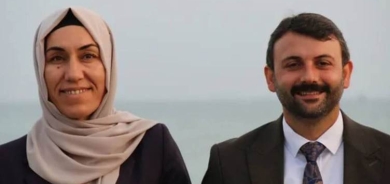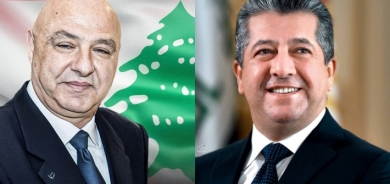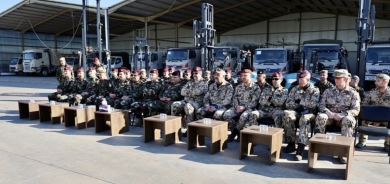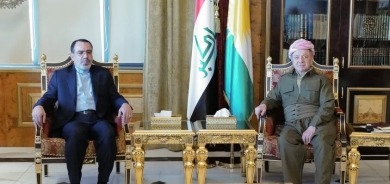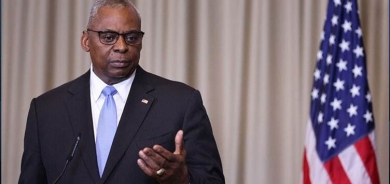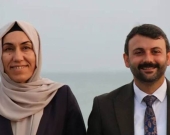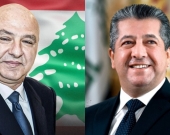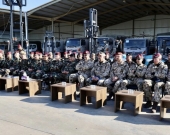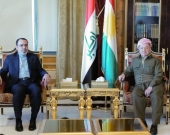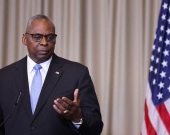British and Scottish MPs hail Kurdistan as model for Middle East and call for recognition of genocide

Bayan Sami Abdul Rahman, the Kurdistan Regional Government’s High Representative to the UK, also called on MPs and members of the public to sign an online petition that calls on the British government to formally acknowledge the genocide. Addressing an audience of MPs, journalists, diplomats and representatives of NGOs, she said, ‘Britain has played a pivotal role in Kurdistan’s recent history and it is very much engaged with Kurdistan today. Britain, the home of democracy, should be one of the first international governments to recognise what happened to the Kurds as genocide.’
The All-Party Parliamentary Group on the Kurdistan Region and the Henry Jackson Society, a London-based think tank, hosted a meeting in the House of Commons to present the group’s report following its sixth mission to Kurdistan since 2008. The report outlines the progress in Kurdistan’s economy, international relations and democratic institutions while also pointing to challenges that the people, parties and government of Kurdistan still face. It calls on the British government to recognise the Kurdish genocide and to encourage others to do the same.
Robert Halfon MP said, ‘The Kurds have waited too long for justice. Iraq has officially recognised the genocide and it’s the duty of the rest of the world to do the same, and to ensure all the perpetrators are bought to international courts. I urge all of you to lobby your MPs, people in authority to ensure that the Kurds get official recognition for their suffering.’
Kurdistan, to engage with them, this is absolutely essential that they do not feel that humanity has given up on them. The Kurds have suffered enough. The idea that people can be ruthlessly murdered and forgotten is unacceptable. Signing the petition is very important. We as a nation have a reputation that we care for human beings and for democracy. Let’s demonstrate that by signing this petition.’
The report and the MPs’ speeches also highlighted Kurdistan as a model for the Middle East.
Mr Halfon said, ‘The most remarkable thing about Kurdistan is it is not just a progressive Muslim state but it’s become a sanctuary for people of other faiths, particularly Christians, who have fled from the rest of the Iraq to get a safe haven in Kurdistan. It is extraordinary to see the different religious groups and the tolerance, which you would find in few other places in the Middle East.’
Fabian Hamilton MP said, ‘Kurdistan is a part of the Middle East that can celebrate its successes. There is openness, democracy and freedom, which is hard to find in other parts of the region. Kurdistan is a model for the Middle East. Kurdistan leads the way, and long may it do so.’
Gary Kent, administrator of the APPG, said, ‘The Kurds are recovering from decades of poverty, isolation and oppression. They’ve embraced democracy and an open economy. The region has had free and fair elections, validated and recognised by the international community. It has an opposition, which is rare in the Middle East. The need to reform is widely recognised in Kurdistan, but requires greater stability.’
The APPG and Scottish group also focused on the growing commercial and educational relationship between Kurdistan and the UK. Mr Malik said, ‘Kurdistan is the Scotland of the Middle East. Its population size reflects that of Scotland and it has the friendliness of the Scots and is hungry to develop like Scotland.’ He added, ‘Scotland is open for business, as is Kurdistan.’ He said there were discussions at a high level to strengthen relations between the two nations.
Davis Lewin, political director at the Henry Jackson Society, said the high turn-out of MPs for the meeting was a mark of the ‘incredible bipartisan support that this issue truly has’. He added, ‘The Kurds want to get ahead, they want a good life for their children, they are resistant to extremism. This is crystal clear by the way their political system has been developing. It deserves the strongest possible support.’
PNA-London, UK


